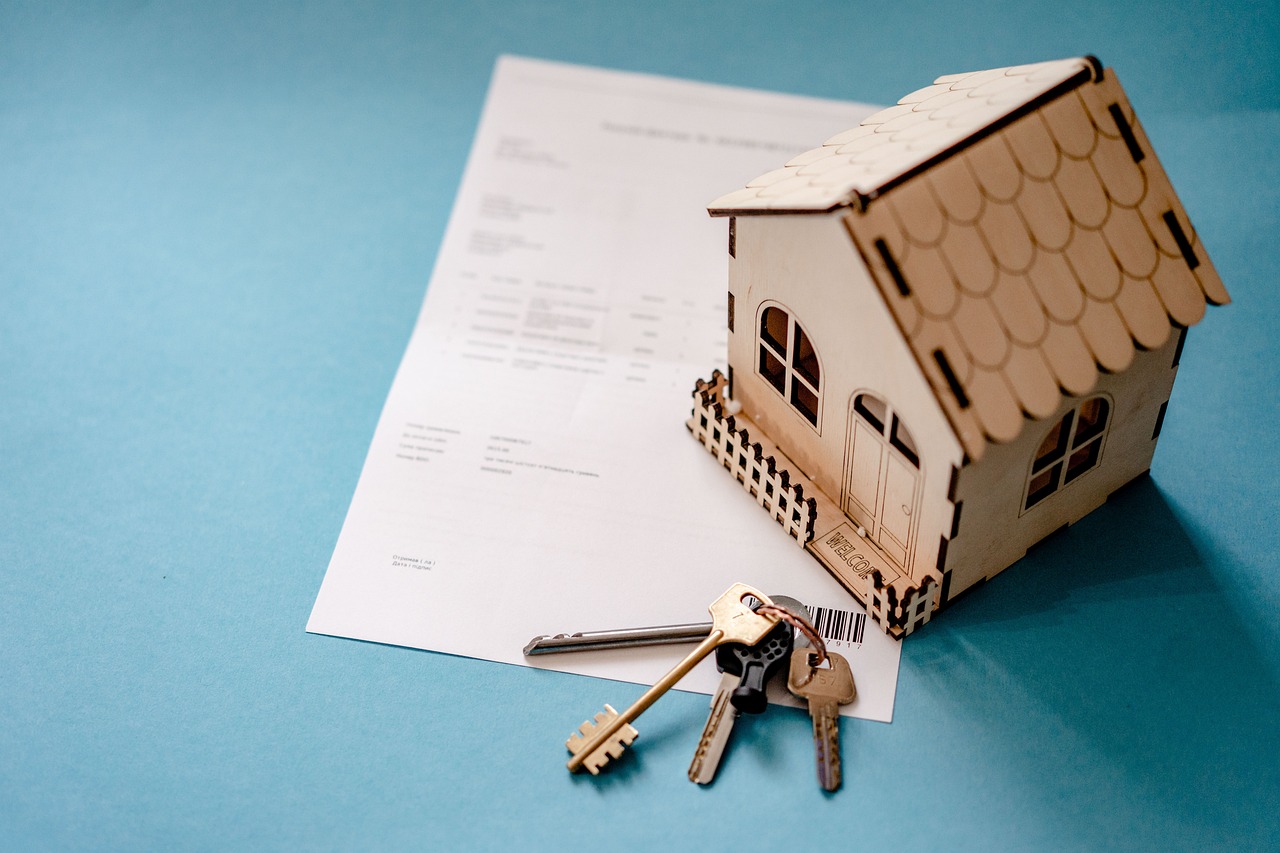6 New Year's Resolutions for First-Time Homeowners

So, you've decided to buy a home, which means you're probably feeling pretty good about yourself. Who doesn't love being rewarded for hard work and dedication? But with any major life change comes new responsibilities, and the transition into homeownership is no exception. As you plan your first year as a homeowner, don't forget to make time for some self-improvement and finance planning. Look at our list of 6 New Year’s resolutions for first-time homeowners.
Cut down on credit card bills
Some statistics say that the average American has $2,707 in credit card debt. That's a lot of money to spend on things you can't pay for. If you're struggling to live with credit card debt, try these tips:
● Pay more than the minimum payment each month. The longer it takes to pay your bill, the more interest charges will increase.
● Don't get into new loan agreements until all previous ones are paid off or consolidated into one manageable package. Getting another loan only puts us further away from our goals of becoming homeowners and saving money so we can retire comfortably someday.
Pay off debt
One of the best things you can do for yourself and your family is pay off debt. You don't have to have a considerable amount of credit card debt or student loans hanging over your head, but any amount will make life more difficult. If you are buying a home in your twenties, paying off debt might be impossible at this time.

However, you can always work on creating a budget plan that works for you. If you're in a position where you can pay off some or all of this debt, it's worth spending some time on the task. That is especially important if you're keeping up with resolutions like saving monthly money or building an emergency fund.
Set up a rainy-day fund
For first-time homeowners, the goal of setting up an emergency fund isn't necessarily about having enough money saved up for every possible scenario. Keep in mind that you’ll also need to set some money aside for the moving process. Besides becoming a first-time homeowner, you should plan for your moving costs. Experts from verifiedmovers.com advise that creating a budget plan is crucial if you plan to hire a moving company to help you relocate into your new home.
The amount of money that makes up your rainy day fund depends on a few factors:
● how much debt do you have
● the type of lifestyle changes you expect (like having kids or buying a house)
● the amount of cash flow you need for the homeownership
The last thing first-time homeowners should do is live paycheck to paycheck. That doesn’t mean you should stop saving for retirement or your children's college education, but it does mean that an emergency fund is a must. If something unexpected happens, money set aside to help tide you over until the next payday makes all the difference in the world.
Get to know your neighbors
One of the most rewarding parts about owning your own home is researching the neighborhood and getting to know your neighbors personally. Sharing with them the joys of homeownership will become a big part of your everyday life. You should get their names and use them, learn their pets' names and take walks together. You can also find out if they have kids and, if so, what their names are. Ask how they like living in the neighborhood, what they think of their neighbors, etc.

Establish a family plan for emergencies
If you're a first-time homeowner, you probably haven't had many emergencies. But that doesn't mean they won't happen. It's essential to identify potential emergencies and plan how your family will respond if they occur.
For example, if you live in an area prone to wildfires (or floods), you'll want to think about how you will get out of your home quickly should an evacuation be necessary. First-time homeowners should set aside money for emergency supplies like food and water.
Emergencies are not only related to last-minute costs. Moving into a new home that you own is going to be costly, too. If you’re moving with children, you should let experts jump in and handle all the hard work for you. Long-distance movers in California will help you with your inventory while you focus on your family members during the move.
Creating a budget is crucial
A budget is one of the essential tools you have at your disposal as a first-time homeowner. You need to see where your money is going and ensure that it’s not wasted on items or services you don’t need. If you don’t know how much money comes in each month, it will be challenging to set up a budget and stick to it.

To set up your first budget, take out a few blank sheets of paper and write down all of your monthly expenses:
● rent or mortgage payment,
● utilities (like electricity or gas),
● cable/internet subscription fee(s),
● food costs (groceries),
● transportation costs (car payments, gas) and
● any other regular expenses and repairs for your home that come up for you during the month
Once you have all these written down, add them under one “Total Monthly Expenses” column. That represents how much money goes out every month before any income comes in.
Hopefully, these tips will help you have a jump-start on your first home. Having a plan is essential in any aspect of your life. For first-time homeowners, handling finances is one of the hardest things to do. But, with the proper knowledge, you can make it through the process and enjoy living in your home every day!

805.207.5094

Stay Informed
Hi, I'm Ross and I'd love to send you my monthly Newsletter:
"The Ojai Informer"
absolutely FREE.
It will keep you up to date with the latest happenings and tell you about great deals on cool stuff.
Just enter your information below and you'll start receiving them with the very next issue.
Enjoy!


